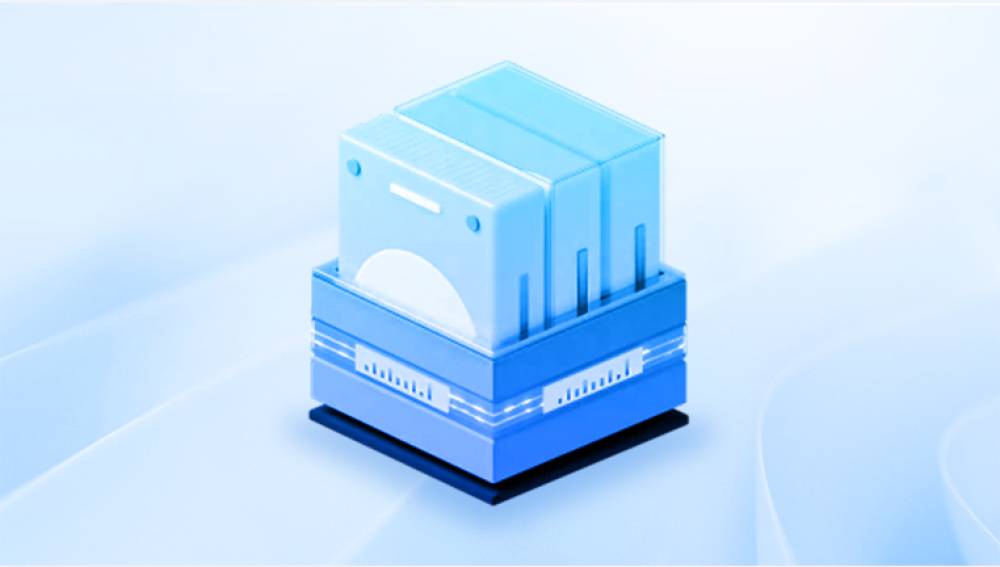In the digital age, data loss can be devastating for both individuals and businesses. Hard disks, being primary storage devices, often contain critical information, and when they fail, the consequences can be severe. Data recovery services aim to retrieve lost data from damaged, corrupted, or inaccessible hard disks. However, the cost of these services can vary significantly based on several factors. This article delves into the intricacies of data recovery pricing, the factors influencing costs, and considerations for choosing a data recovery service.
Factors Influencing Data Recovery Costs
1. Type of Failure:
Logical Failures: These involve non-physical issues such as corrupted files, accidental deletion, or software problems. Logical recovery is generally less expensive as it often requires software tools to recover data.
Physical Failures: These involve hardware issues such as mechanical failures, head crashes, or damage to the platters. Physical recovery is more complex and costly as it requires specialized equipment and cleanroom environments.

2. Severity of Damage:
The extent of damage to the hard disk significantly affects the cost. Minor issues might be resolved quickly, while severe damage, such as multiple failed components, requires more time and resources, leading to higher costs.
3. Data Volume:
The amount of data to be recovered also plays a role. Recovering large volumes of data is more time-consuming and can increase the overall cost.
4. Disk Type and Size:
The type (HDD vs. SSD) and size (in terms of storage capacity) of the hard disk can influence the recovery cost. SSDs often require different recovery techniques compared to traditional HDDs.
5. Turnaround Time:
Urgency can affect pricing. Standard recovery services might take several days to weeks, whereas expedited services for urgent data recovery needs come at a premium.
6. Service Provider Expertise:
The reputation and expertise of the data recovery service provider can influence pricing. Established firms with high success rates may charge more for their services.
Typical Data Recovery Pricing
1. Basic Recovery:
For simple logical issues, prices typically range from $100 to $300. This includes cases where data is lost due to accidental deletion, minor software issues, or simple file corruption.
2. Intermediate Recovery:
For more complex logical failures or minor physical issues, costs can range from $300 to $800. This includes scenarios where specialized software is required to retrieve data or minor hardware repairs are needed.
3. Advanced Recovery:
For severe physical damage or complex data recovery tasks, prices can range from $800 to $2.500 or more. This includes cases involving extensive hardware repairs, recovery from RAID systems, or severe platter damage.
4. Emergency Recovery:
Expedited services for critical data recovery can significantly increase costs, sometimes doubling the standard rates. Prices for emergency recovery services can start at $1.500 and go upwards of $5.000 depending on the severity and urgency.
Considerations for Choosing a Data Recovery Service
1. Success Rate:
Choose a service provider with a high success rate. Research customer reviews and testimonials to gauge their effectiveness.
2. Transparency:
Opt for a provider that offers a clear and transparent pricing structure. Avoid firms with hidden fees or unclear cost breakdowns.
3. Evaluation Fees:
Some providers offer free evaluations to determine the extent of the damage and provide a cost estimate. This can help in making an informed decision without incurring initial costs.
4. Data Privacy:
Ensure the provider follows strict data privacy and security protocols. This is crucial to protect sensitive information during the recovery process.
5. Cleanroom Facilities:
For physical recovery, choose a provider with certified cleanroom facilities. This ensures that the hard disk is handled in a controlled environment, reducing the risk of further damage.
6. Turnaround Time:
Consider the turnaround time offered by the provider. Standard recovery times can range from a few days to several weeks. If the data is critical, inquire about expedited services and associated costs.
7. Warranty and Guarantees:
Some providers offer a "no data, no fee" guarantee, meaning you only pay if the recovery is successful. This can provide peace of mind and reduce financial risk.
Cost Breakdown and Example Scenarios
Scenario 1: Logical Data Recovery
Issue: Accidental file deletion
Cost: $100 - $300
Process: Use of data recovery software to scan and retrieve deleted files.
Scenario 2: Minor Physical Damage
Issue: Hard disk not detected by the computer
Cost: $300 - $800
Process: Minor hardware repair, followed by data extraction using specialized tools.
Scenario 3: Severe Physical Damage
Issue: Hard disk making clicking noises, indicating a head crash
Cost: $800 - $2.500+
Process: Disk disassembly in a cleanroom, head replacement, and data recovery from the platters.
Scenario 4: Emergency Recovery
Issue: Critical business data lost due to hard disk failure
Cost: $1.500 - $5.000+
Process: Expedited service with immediate attention, involving both hardware repairs and data extraction.
Data recovery from hard disks can be a complex and costly process, but understanding the factors influencing pricing can help in making informed decisions. Whether dealing with logical or physical failures, the expertise and reliability of the data recovery service provider are crucial. By considering the severity of damage, data volume, and urgency, one can choose a service that balances cost with the likelihood of successful recovery. Investing in reputable data recovery services ensures that critical information can be retrieved, minimizing the impact of data loss on personal and business operations.




